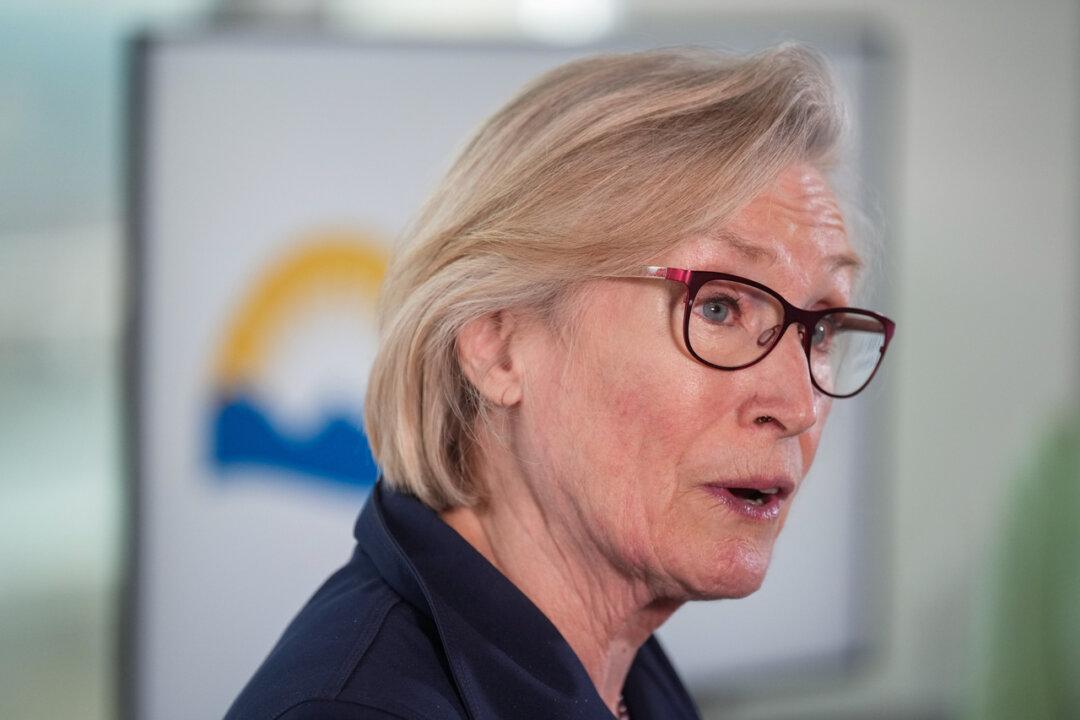British Columbians will not be arrested or charged for possession of small amounts of illicit drugs for personal use for three years after getting approval from the federal government. The changes are implemented as part of an initiative the B.C. government says is meant to address the overdose crisis in the province.
In November 2021, the province submitted to the federal government an exemption request to subsection 56(1) of the Controlled Drugs and Substances Act to halt criminal charges against adults in the province in possession of small amounts of illicit drugs for personal use.





